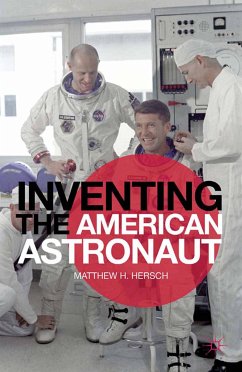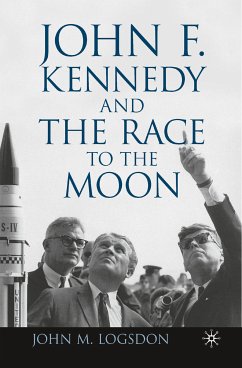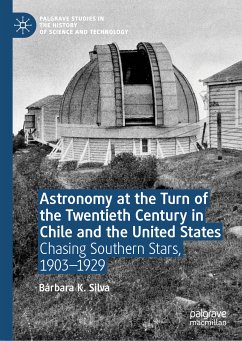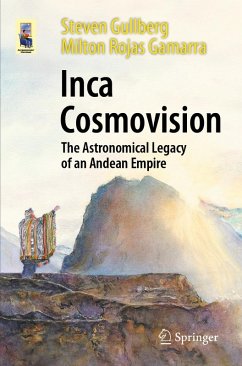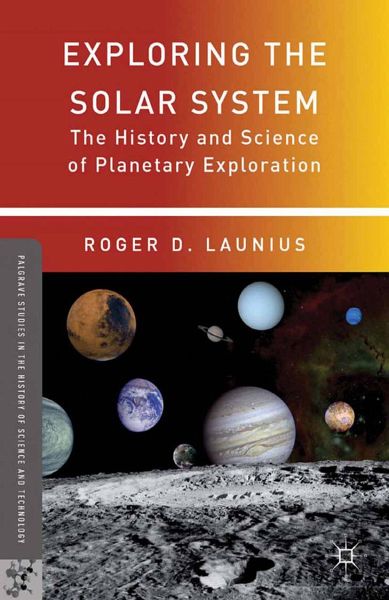
Exploring the Solar System (eBook, PDF)
The History and Science of Planetary Exploration
Redaktion: Launius, R.
Versandkostenfrei!
Sofort per Download lieferbar
88,95 €
inkl. MwSt.
Weitere Ausgaben:

PAYBACK Punkte
44 °P sammeln!
Beginning in the early days of the Space Age - well before the advent of manned spaceflight - the United States, followed soon by other nations, undertook an ambitious effort to study the planets of the solar system. The remarkable fruits of this research revolutionized the public's view of their celestial neighbors, capturing the imaginations of people from all backgrounds like nothing else save the Apollo lunar missions. From the first space probes to the most recent planetary rovers, they have continually delivered impressive discoveries and reshaped our understanding of the cosmos. Offerin...
Beginning in the early days of the Space Age - well before the advent of manned spaceflight - the United States, followed soon by other nations, undertook an ambitious effort to study the planets of the solar system. The remarkable fruits of this research revolutionized the public's view of their celestial neighbors, capturing the imaginations of people from all backgrounds like nothing else save the Apollo lunar missions. From the first space probes to the most recent planetary rovers, they have continually delivered impressive discoveries and reshaped our understanding of the cosmos. Offering fascinating investigations into this crucial chapter in space history, this collection of specially commissioned essays from leading historians opens new vistas in our understanding of the development of planetary science.
Dieser Download kann aus rechtlichen Gründen nur mit Rechnungsadresse in A, B, BG, CY, CZ, D, DK, EW, E, FIN, F, GR, HR, H, IRL, I, LT, L, LR, M, NL, PL, P, R, S, SLO, SK ausgeliefert werden.




